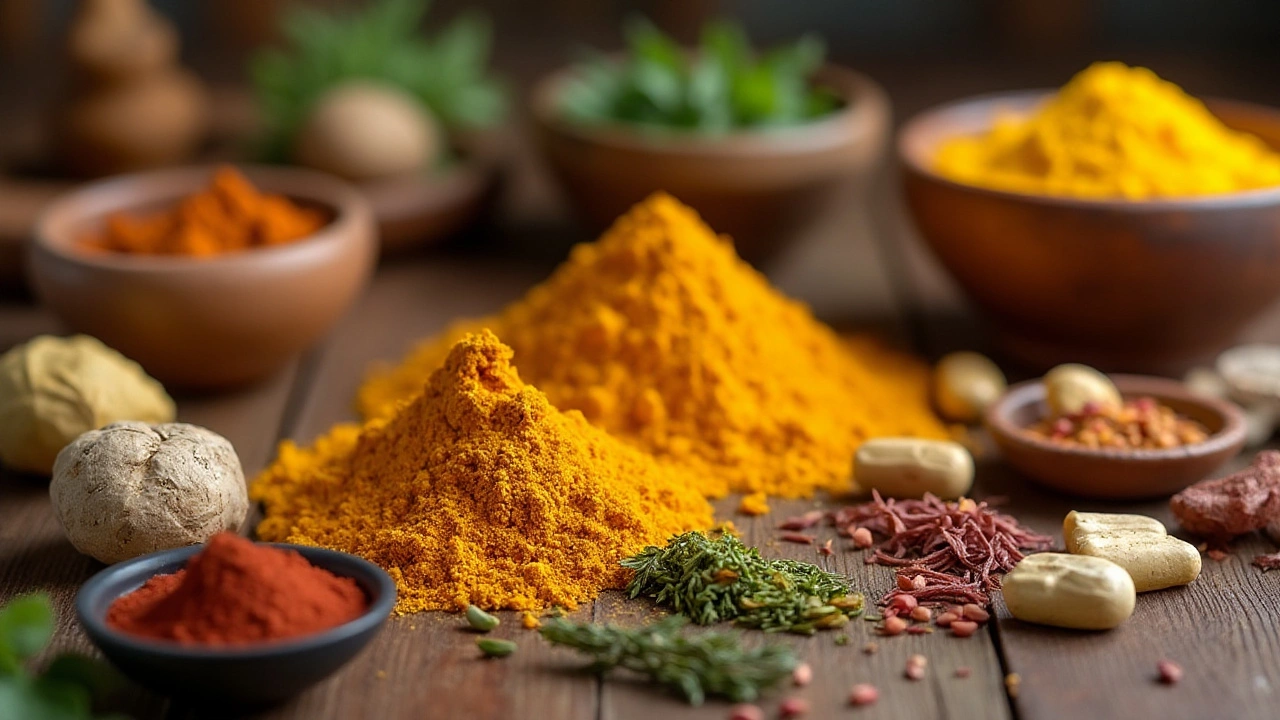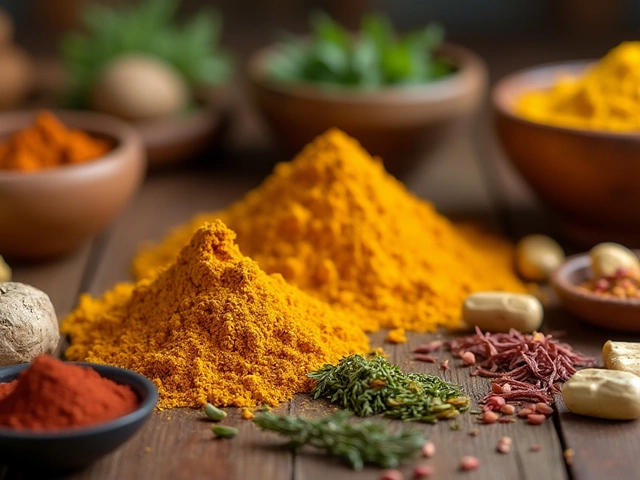Herbal Supplements: Benefits, Risks, and Top Picks
If you’ve ever wondered whether a plant‑based pill can actually help you feel better, you’re not alone. Herbal supplements are everywhere – from grocery shelves to online stores – promising everything from better sleep to stronger joints. The good news is many of these products do contain real, active ingredients that can support health when used right. The bad news? Not every bottle lives up to the hype, and some can even cause trouble if you’re not careful.
Why Choose Herbal Supplements?
First off, herbs have been used for centuries, so there’s a lot of traditional knowledge behind them. Milk thistle, for example, is known for helping the liver detox naturally, while turmeric’s curcumin can calm inflammation. Modern research backs up several of these claims, showing measurable effects in controlled studies. Because they’re derived from plants, many people find them easier on the stomach compared to synthetic drugs. They also tend to have fewer harsh side effects, which makes them a popular first‑line option for mild issues.
How to Pick Safe and Effective Herbs
The key to getting results is choosing quality products. Look for brands that list the exact part of the plant used (root, leaf, seed) and the amount of active compound per dose. Third‑party testing seals, like USP or NSF, add an extra layer of trust. Avoid “proprietary blends” that hide ingredient amounts – you need to know what you’re taking. Remember that more isn’t always better; follow the recommended dose on the label or ask a pharmacist.
Another red flag is the source of the herb. Plants grown in polluted soil can pick up heavy metals, which end up in the supplement. Reputable manufacturers usually grow their herbs in certified organic farms or test for contaminants before packaging. If a product sounds too cheap or promises miracles overnight, it’s probably cutting corners.
Interaction warnings are crucial, too. Some herbs can boost or block the effect of prescription meds. For instance, St. John’s Wort can interfere with antidepressants, blood thinners, and birth control pills. Always review the label for interaction notes and chat with your doctor if you’re on regular medication.
When you start a new herb, give your body a few weeks to adjust before adding another. This helps you notice any side effects and judge whether the supplement is actually helping. Keep a simple log of how you feel, any changes in symptoms, and any unusual reactions. Over time you’ll see which herbs are worth keeping.
Here are three popular, evidence‑backed choices you might try:
- Milk Thistle (Silybum marianum): Supports liver health, especially useful if you take occasional painkillers.
- Turmeric/Curcumin: Reduces joint pain and inflammation; pair with black pepper for better absorption.
- Ashwagandha: Helps manage stress and can improve sleep quality.
These are a good starting point, but the right supplement depends on your personal health goals. If you’re looking for energy, ginseng might be a fit; for gut health, consider ginger or peppermint oil capsules.
Bottom line: herbal supplements can be a powerful addition to your wellness routine when you pick reputable brands, respect dosages, and stay aware of interactions. Treat them like any other medication – research, ask professionals, and listen to your body. With the right approach, you’ll get the most benefit without the unwanted surprises.














